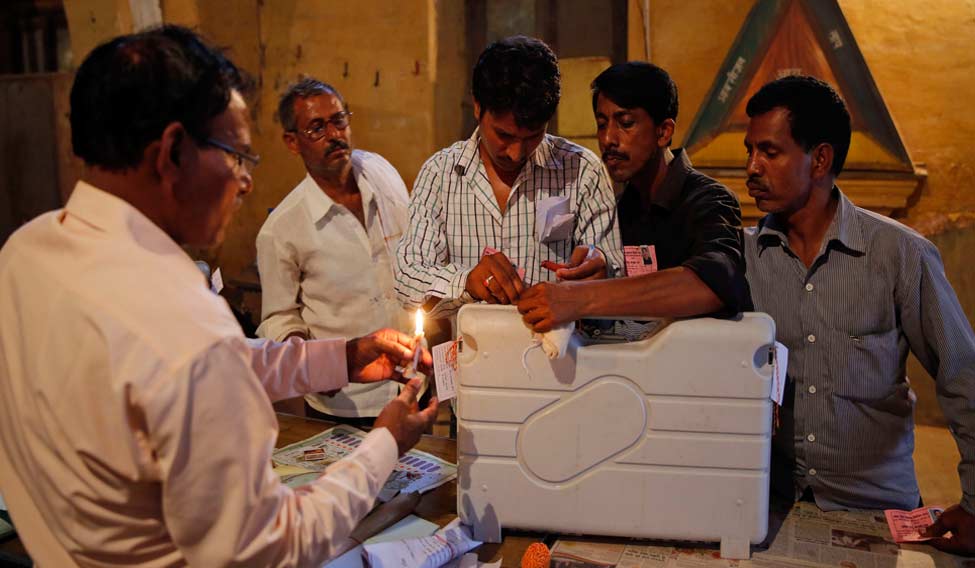With more political parties losing their national party recognition, the Election Commission may come out with less rigorous norms
In India's multi-party democracy, the recognition as a national party by the Election Commission of India (ECI) entitles the party to get many benefits. The arrival of regional parties in the states and the prospect of certain national parties like Congress losing their national party status have forced the Election Commission to have a re-look at its definition of a national or state party.
What is a national party?
The Election Commission grants the status of national party to a registered political party if it satisfies at least one of the three conditions: it wins 2 per cent or more of the total seats in the Lok Sabha from at least three states, or if it bags 6 per cent of the valid votes polled in any four states, or if the party is recognised as a state party in at least four states.
Which parties will lose?
Once a political party is recognised by the Election Commission, the status as a national party is subject to revision according to the latest Lok Sabha election result. Out of the six political parties that contested the 2014 Lok Sabha election, the Bahujan Samaj Party (BSP), the Communist Party of India (CPI) and the National Congress Party (NCP) may lose this national party tag. Mayawati's BSP failed to get a single seat in the last general election, though it got 4.1 per cent of the total votes polled. The NCP won six Lok Sabha seats, four from Maharashtra, and bagged 1.6 per cent votes. The CPI got a single seat with less than 1 per cent vote-share. These parties will continue to be recognised as national parties only if the Election Commission revises the norms for a national party.
Advantages of a national party
One of the the major advantages of having a national party status is that the party candidates can contest an election on the same symbol throughout the country. The candidates have a better chance of winning since the symbol is familiar to a large number of illiterate voters. Moreover, the party can avail free time slots for campaigning granted by Prasar Bharati on its national channels. Candidates of a recognised national or state party need only one proposer for nomination while 10 proposers are required to sign for an unrecognised party or an independent candidate. Two sets of electoral rolls are provided free of cost to the candidate of a national party. A national party candidate can use the services of up to 40 star campaigners whose expenses are not added to the election expense accounts of the individual candidate. An unrecognised party has less campaign power as it is allowed only half the number of such star campaigners.
Changes suggested by the ECI
As the once powerful parties at the national scene are declining, the trend of parties losing their national and state recognition, is likely to continue. So the Election Commission thinks it is necessary to have a new perspective on recognition of political parties. The Commission considers it is fair to revise the national party status after two consecutive polls instead of the current system of doing it after every general election.


